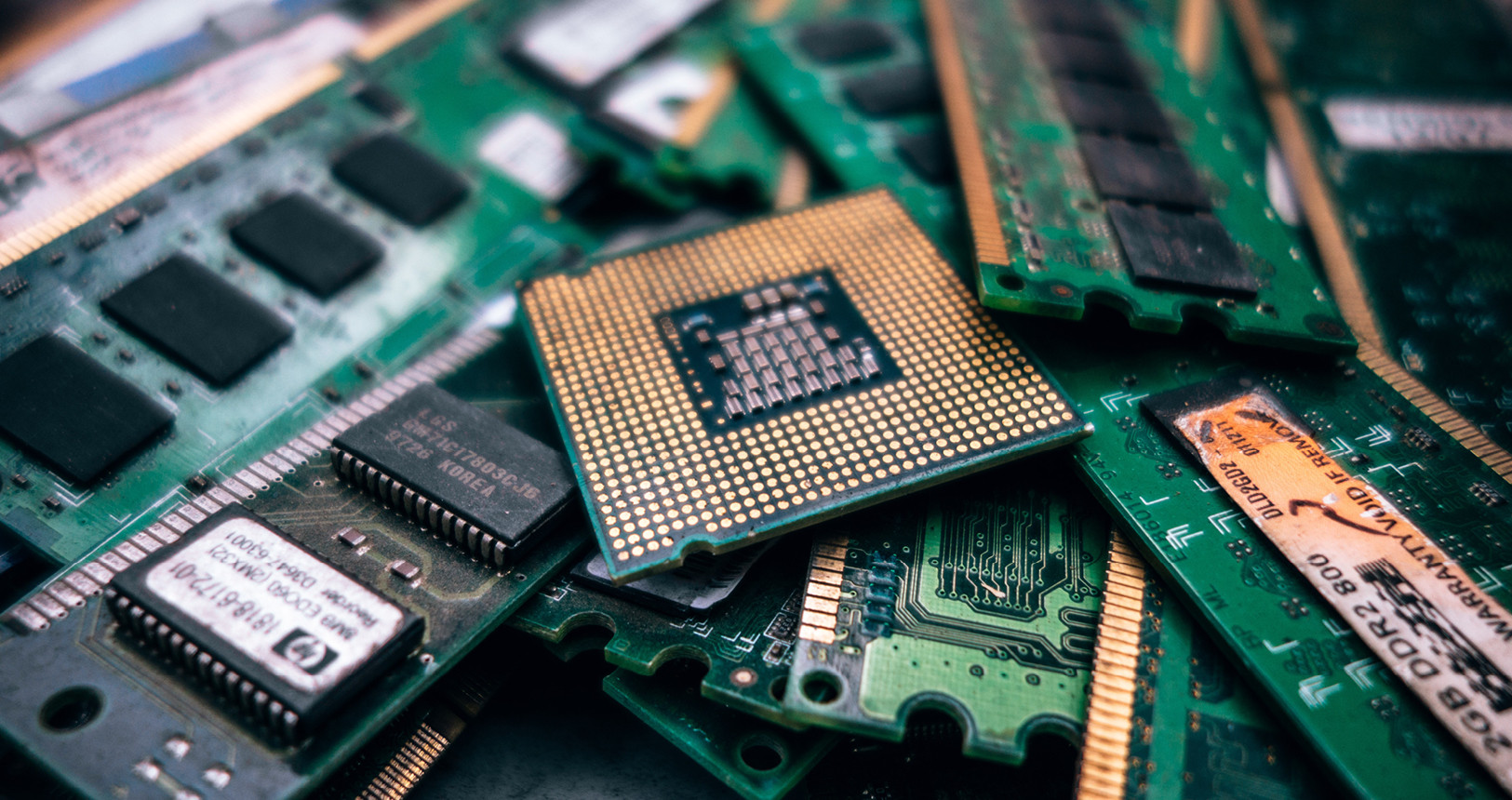Machine Learning at NM Group
By Ben Thomas, Development Manager at NM Group
What is Machine Learning?
Machine learning encompasses a range of computational methods that differentiate themselves from traditional programming techniques by training algorithms to complete a task rather than issuing an explicit set of step by step instructions. In recent years’ deep neural networks have become one of the primary techniques and have been used to create incredible results.
What makes this useful?
These networks are excellent at pattern recognition, clustering and generalization. The technique has been around for many years but the power of neural networks has only become possible with advances in computing power and highly parallel GPU processing. They are now so powerful they can outperform a human at image recognition and when combined with 'big data', they are capable of identifying trends previously undetectable.
The field of machine learning that offers the most opportunity for NM Group and geospatial processing is tightly aligned with machine vision. The techniques offer the potential of automated feature extraction from imagery and point clouds which would help reduce the effort involved in our complex workflows with the aim of reducing the data turnaround time from capture to delivery.

How are NM Group adopting this technology?
NM group have already successfully used more traditional methods of machine learning in predicting tree fall likelihood target at power utility vegetation management and improving network resilience. Going forwards, NM group will embark on its third Knowledge Transfer Partnership (KTP) scheme with Durham University. This is a collaboration with an academic institution and will look at furthering research in a commercial context. In this case developing better automated feature extraction techniques from LiDAR point clouds. In parallel we are looking at available software to explore deep learning modules for image feature extraction.
The intention is that this initiative will enable more effective techniques for assessing and analyzing powerline LiDAR data. Opening up new analyzes, workflows and products for our customers.
